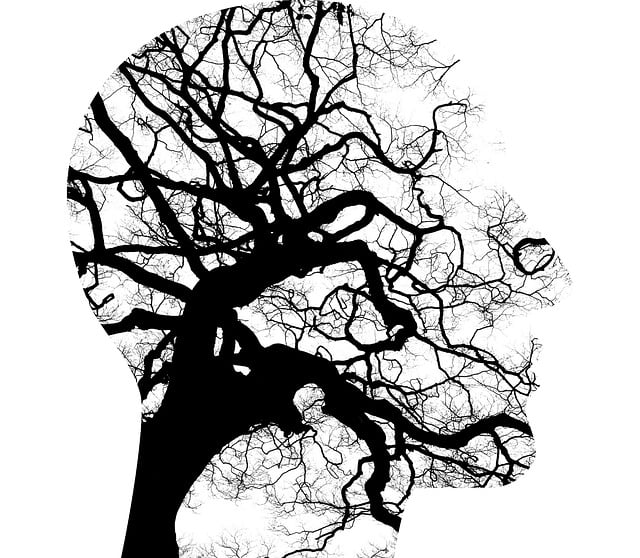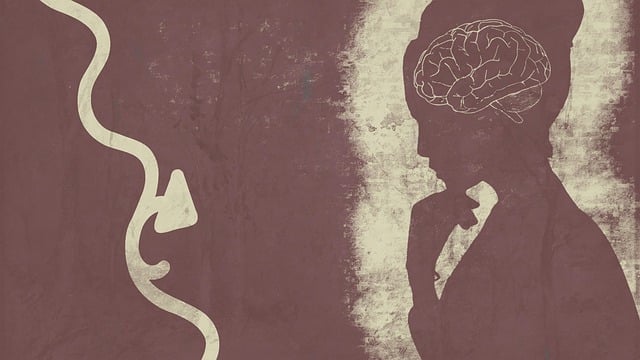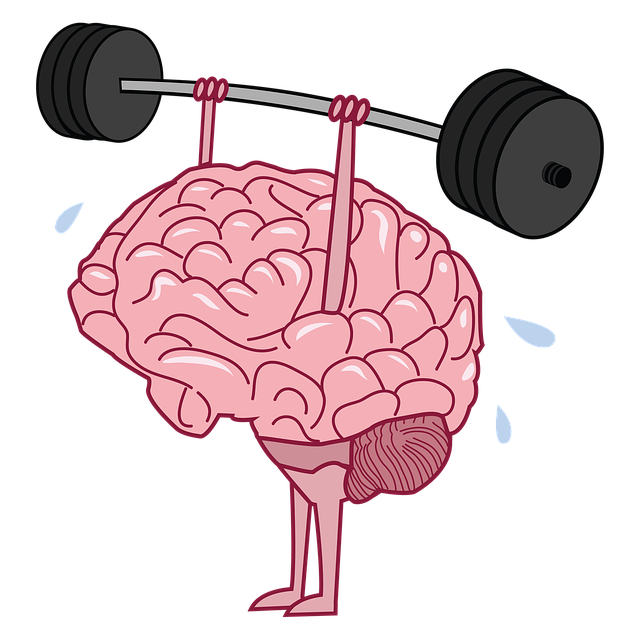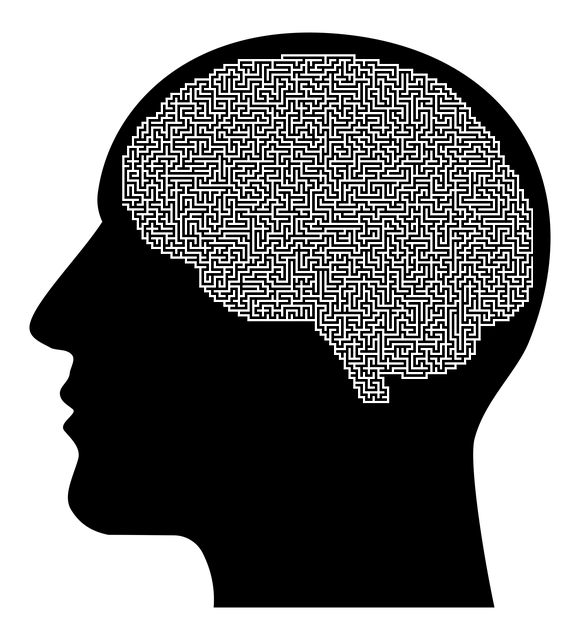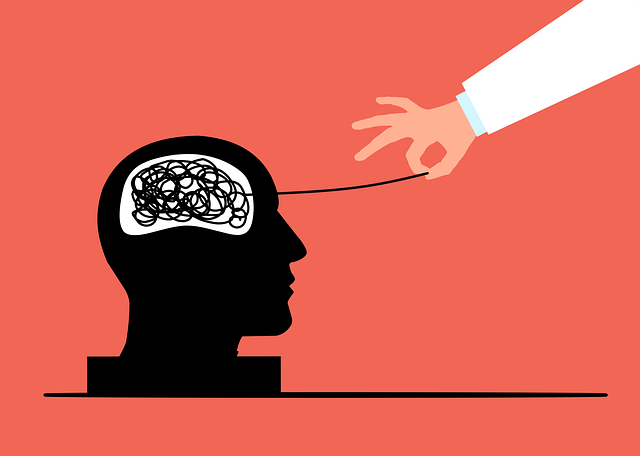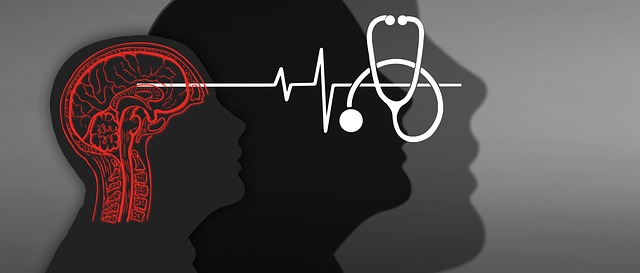Arvada Cognitive Behavioral Therapy (CBT) provides an effective approach to managing loss, grief, and bereavement by targeting negative thought patterns and teaching practical coping strategies. This holistic therapy combines CBT principles with self-care practices for mind, body, and spirit, empowering individuals to transform grief into personal growth and emotional healing. Through CBT, clients gain resilience, improved emotional coping, and tools to navigate their sorrowful experiences while cultivating self-awareness and reducing feelings of isolation.
Loss, grief, and bereavement are universal human experiences that can profoundly impact our emotional well-being. This article explores these complex topics, providing insights into the human journey of healing. We delve into the power of cognitive behavioral therapy (CBT) as a therapeutic tool for managing grief. Through effective counseling techniques, including the Arvada Model, professionals support clients in finding hope and resilience during challenging times. Discover how CBT strategies can enhance traditional practices, offering transformative support for those navigating loss.
- Understanding Loss, Grief, and Bereavement: The Human Experience
- Cognitive Behavioral Therapy (CBT): A Powerful Tool for Healing
- Integrating CBT Techniques for Effective Counseling
- Finding Hope and Resilience: Supporting Clients Through the Arvada Model
Understanding Loss, Grief, and Bereavement: The Human Experience

Loss, grief, and bereavement are universal human experiences that can profoundly impact an individual’s mental wellness. Understanding these complex emotions is essential in navigating the healing process. Loss refers to the absence or removal of something significant, whether it’s a loved one, a relationship, or even a life stage. Grief, on the other hand, is the emotional response to loss, characterized by deep sadness, anger, guilt, and a host of other feelings that can vary greatly from person to person. Bereavement, often used interchangeably with grief, specifically refers to the period after a significant loss when individuals adapt to their new reality.
Arvada Cognitive Behavioral Therapy (CBT) offers effective tools for managing these challenging emotions. CBT helps individuals identify and challenge negative thought patterns associated with loss, fostering healthier coping mechanisms. Stress reduction methods, mental wellness journaling exercises, and mood management strategies are integral parts of the therapy process. By engaging in these practices, individuals can enhance their resilience, improve their ability to cope with difficult emotions, and eventually find a sense of peace and adjustment after bereavement.
Cognitive Behavioral Therapy (CBT): A Powerful Tool for Healing

Cognitive Behavioral Therapy (CBT) has emerged as a powerful tool in the field of counseling, offering effective healing and support for individuals dealing with loss, grief, and bereavement. This therapeutic approach focuses on identifying and changing negative thought patterns and behaviors that can contribute to or prolong distressing emotions. By employing CBT techniques, Arvada therapists can help clients navigate through their sorrowful experiences.
Through structured guidance, CBT encourages active participation in the healing process. It involves teaching individuals practical skills for managing symptoms of depression, anxiety, and stress commonly associated with bereavement. One such powerful tool is journaling—a mental wellness journal exercise that allows people to explore and express their emotions while cultivating self-awareness. Additionally, compassion cultivation practices within CBT can foster a sense of connection and reduce feelings of isolation, providing much-needed comfort during challenging times.
Integrating CBT Techniques for Effective Counseling

In the realm of counseling for loss, grief, and bereavement, Arvada Cognitive Behavioral Therapy (CBT) offers a powerful toolset to support individuals in navigating their emotional landscapes. CBT techniques are designed to help clients identify and challenge negative thought patterns and beliefs that can contribute to prolonged or intense grief. By integrating these evidence-based practices, therapists enable individuals to promote emotional well-being and develop effective coping strategies. Through this process, clients learn valuable conflict resolution techniques and mood management skills, allowing them to adapt and find meaning in their lives post-loss.
The CBT approach encourages active participation and self-reflection, empowering individuals to take charge of their emotional recovery. By focusing on the present and future rather than solely on the past loss, CBT facilitates a process of healing and transformation. This therapeutic method has been shown to be particularly effective in helping folks move forward, finding ways to integrate their experiences into their personal narratives while cultivating resilience.
Finding Hope and Resilience: Supporting Clients Through the Arvada Model

Grief is a complex and deeply personal process that can leave individuals feeling lost and hopeless. However, within this challenging journey, there is an opportunity for growth and resilience. The Arvada Model, an innovative approach inspired by Cognitive Behavioral Therapy (CBT), offers a framework to help clients navigate their emotions and find hope in the midst of bereavement. This model recognizes that managing grief involves more than just processing feelings; it’s about cultivating coping strategies and fostering emotional healing processes.
By combining CBT principles with a holistic view, therapists can guide clients toward self-care practices that address the mind, body, and spirit. This may include techniques for stress management, mindfulness exercises, and the exploration of cognitive distortions related to loss. Through these methods, individuals are empowered to transform their grief into a catalyst for personal growth, resilience, and renewed purpose, ultimately helping them rebuild lives that honor the memory of their loved ones.
In conclusion, understanding loss, grief, and bereavement is a vital step in providing effective counseling. Integrating cognitive behavioral therapy (CBT) techniques offers a powerful framework for healing. The Arvada Model specifically focuses on fostering hope and resilience, empowering clients to navigate their emotions and find strength during challenging times. By combining the principles of CBT with compassionate support, counselors can significantly impact individuals and communities, making a profound difference in the lives affected by loss.


